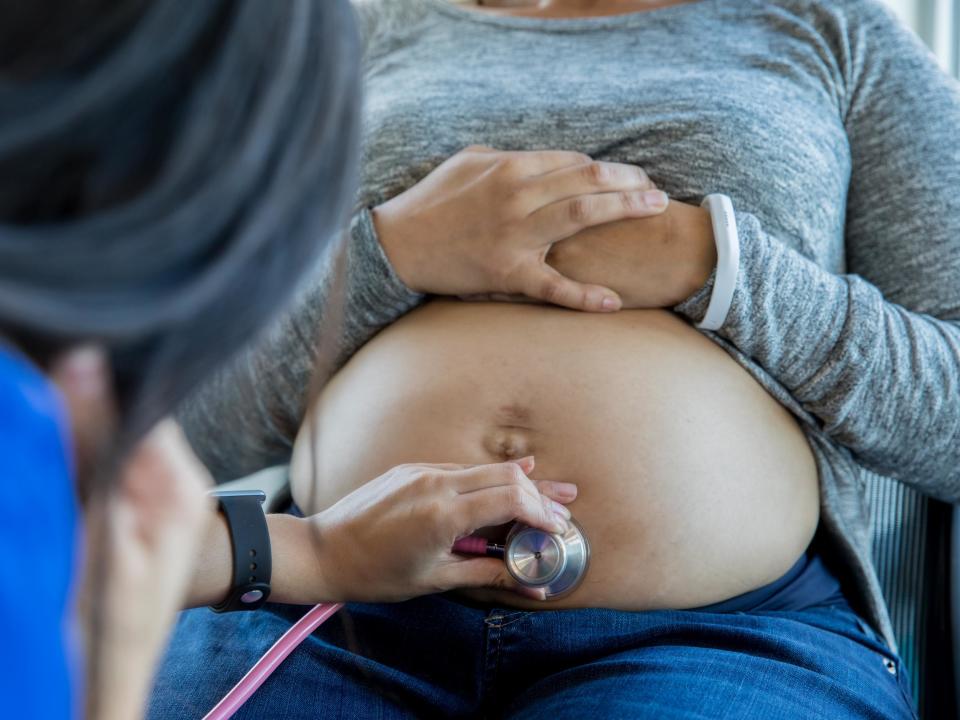Black women almost twice as likely to suffer stillbirths, study shows
Black women are almost twice as likely to experience a stillbirth as white women according to ‘alarming’ research which experts said show the effects of racial and social inequalities in society.
Researchers from Queen Mary University London reviewed data from more than 15 million pregnancies across 13 studies run in countries including the US and UK.
While stillbirths are rare complications, the study found black women were 1.5 to two times more likely to experience them.
The researchers also found pregnancies which were overdue and went beyond 41 weeks' gestation were significantly more likely to be stillborn.
The risk increased from 0.11 stillbirths per 1,000 pregnancies at 37 weeks, to 3.18 per 1,000 pregnancies at 42 weeks, regardless of ethnicity.
But experts said the increased risk for black women is just the “tip of the iceberg” of a range of health inequalities experienced by members of minority groups.
“The alarming feature is the persistence of this gap, and the fact we do not know what the causes are because we’re not doing the research,” Dr Jenny Douglas, of the Open University, and founder of the Black Women’s Health and Wellbeing Research Network, told The Independent.
“It’s not just stillbirth, in terms of maternal mortality black women in the UK are five times more likely to die in pregnancy and childbirth than white women.”
She said that the causes are complex and other health issues like obesity, blood pressure and diabetes play a role and are closely linked to socioeconomic factors like poverty and education.
Cultural differences in the way women from black communities access healthcare are also likely to be a factor, as is their treatment by health staff, employers and other parts of society.
“We also need to look at the social factors in terms of the experiences black women have of racism, discrimination and racialised sexism.”
While small studies can identify these issues she said the UK needs an equivalent of the 59,000-strong Black Women’s Health Study which has been running in the US since 1995.
Professor Shakila Thangaratinam, who led the research published in the journal PLOS Medicine, said: “The increase in stillbirth risks for black women could be attributed to various factors such as social and environmental conditions, reduced access to antenatal care, and potential increased rates of foetal growth restriction.”



